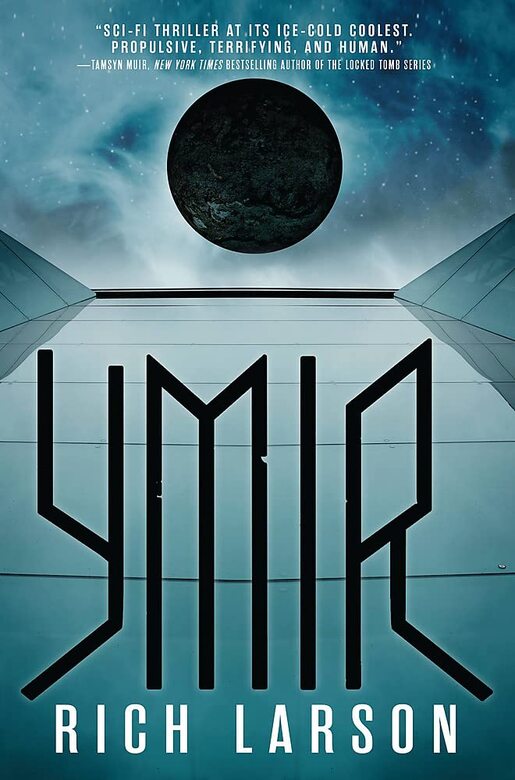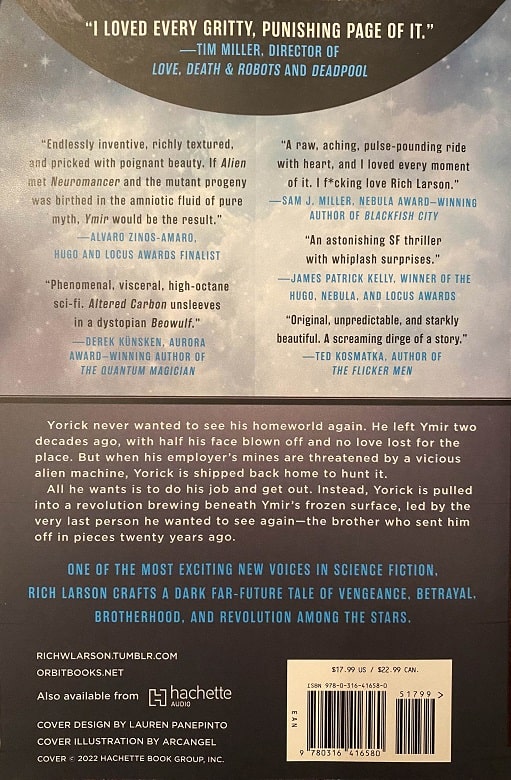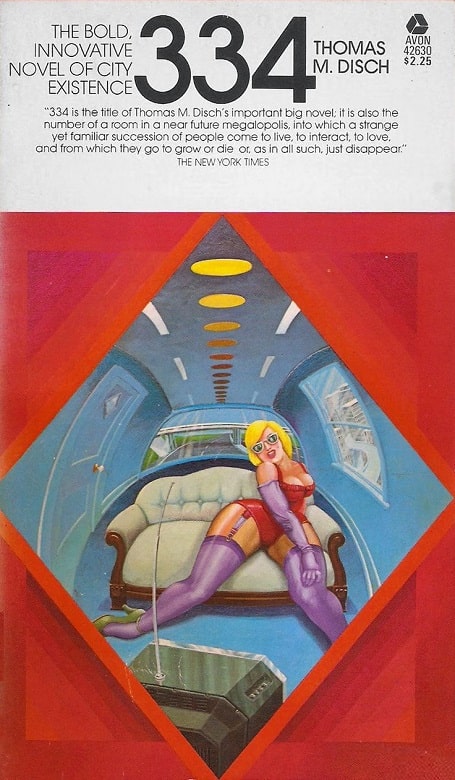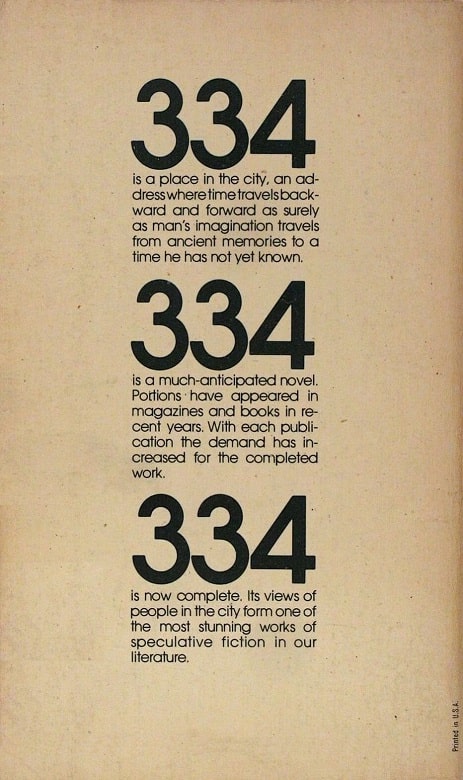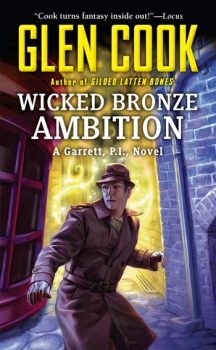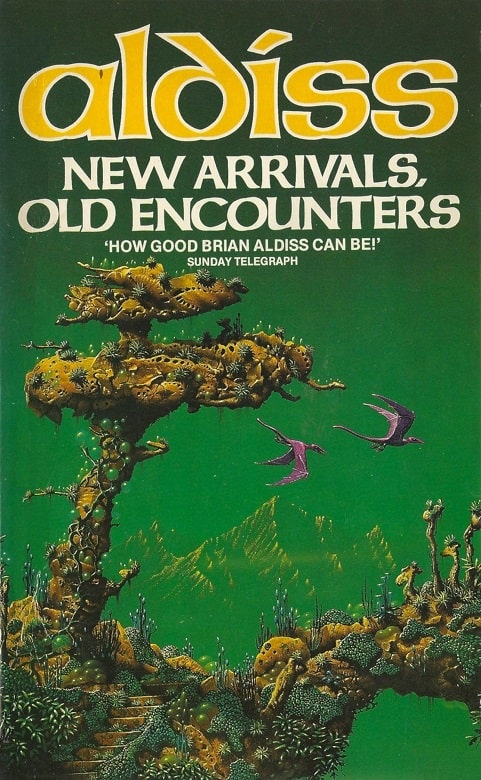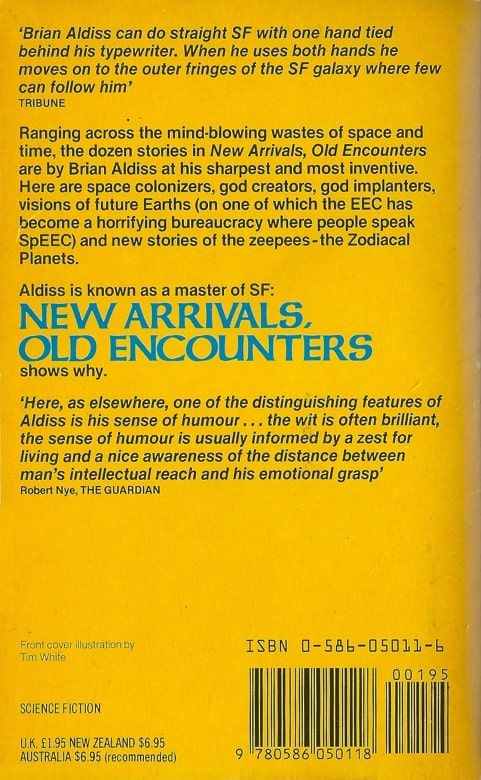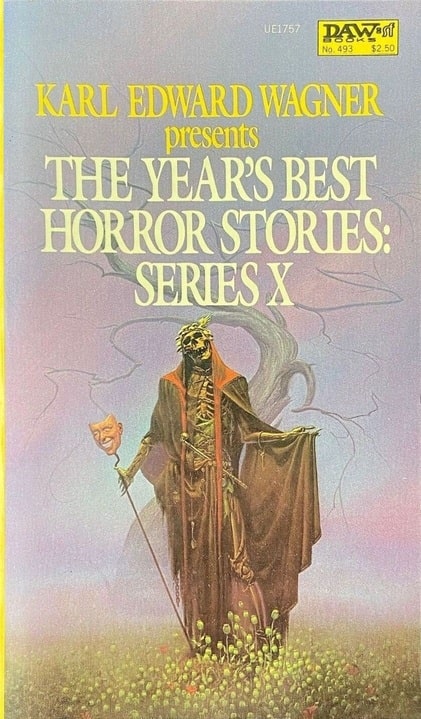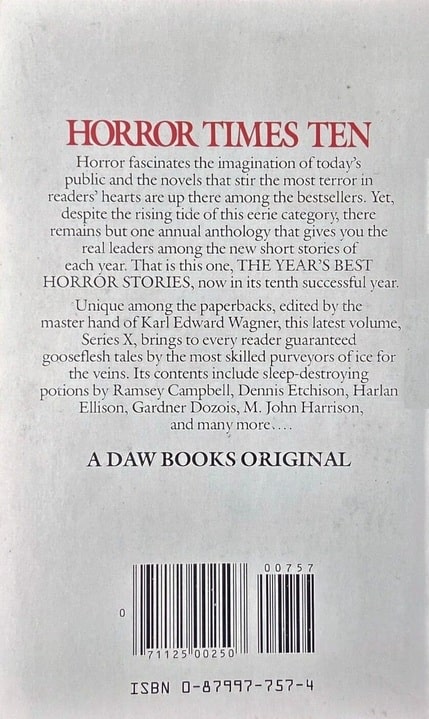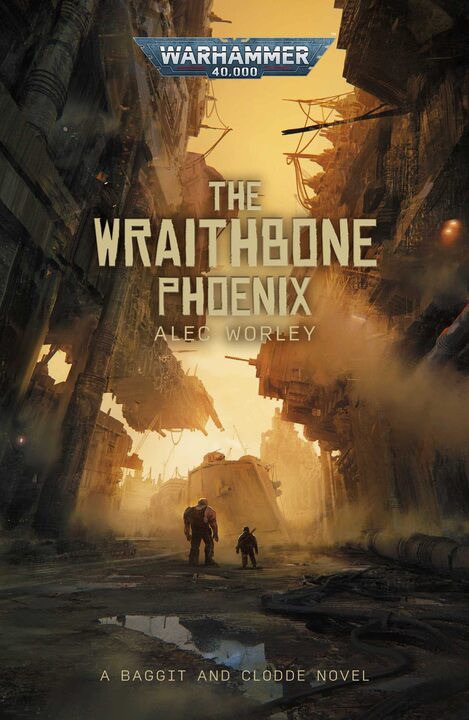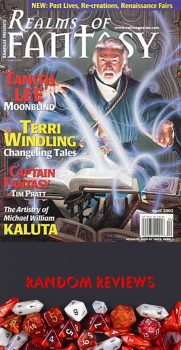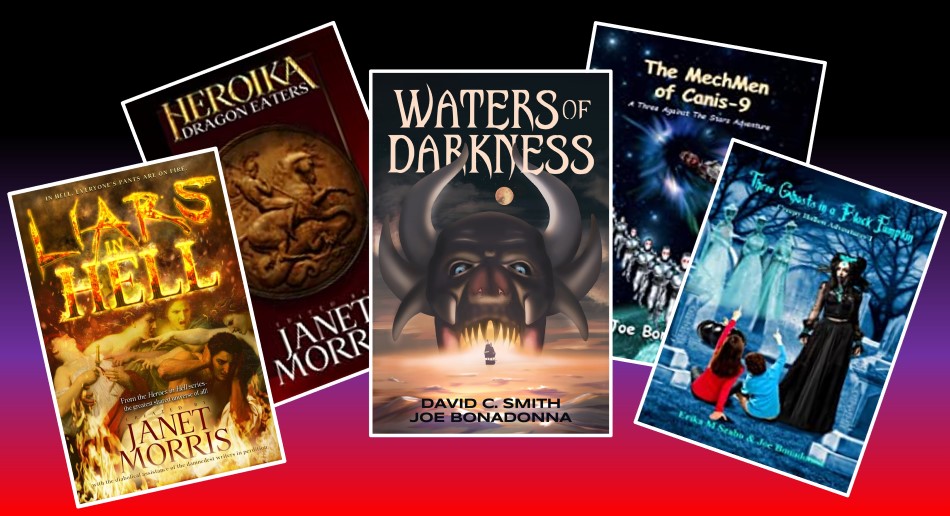Random Reviews: “The Hades Business,” by Terry Pratchett
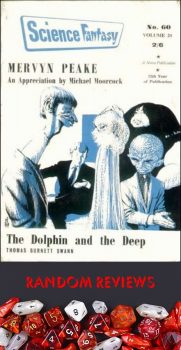
Because I’ve been asked about the process by which I’ve been selecting stories for the Random Review series, I thought I’d take a moment to explain how the stories are selected.
I have a database of approximately 42,000 short stories that I own sorted by story title. When it comes time for me to select a story to review as part of this series, I role several dice (mostly ten sided) to determine which story should be read. I cross reference the numbers that come up on the die with the database to see what story I’ll be reviewing. This week, I rolled 14,780 which turned out to be Terry Pratchett’s short story “The Hades Business.”
One of the things I’m hoping to get out of this series, from a person point of view, is to discover authors and short stories that I’ve owned and have never read. Of course, I’m also hoping to share those discoveries, good or bad, with the readers of Black Gate.
